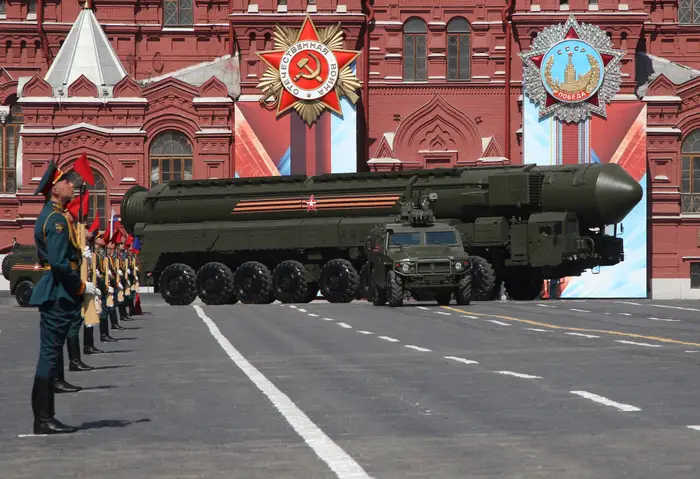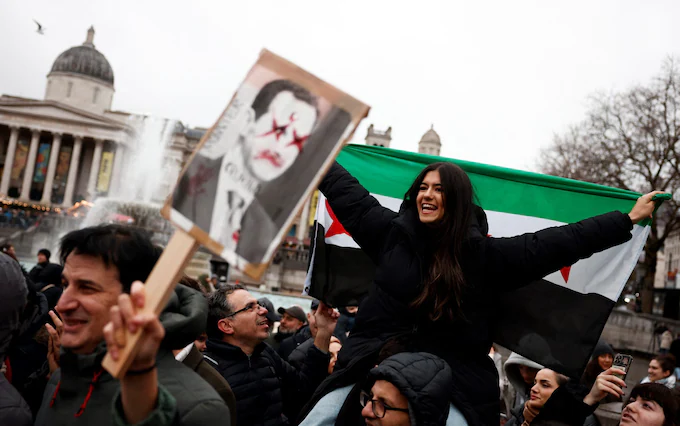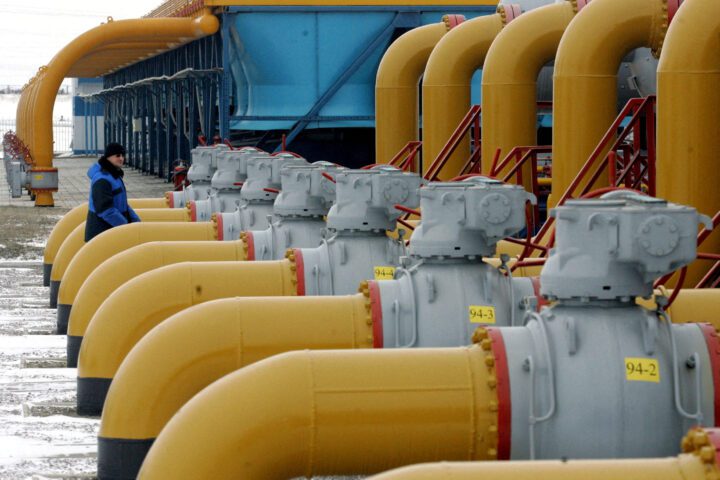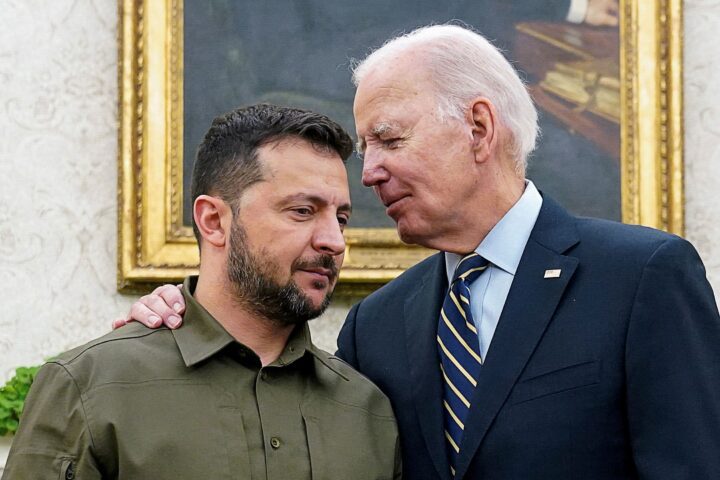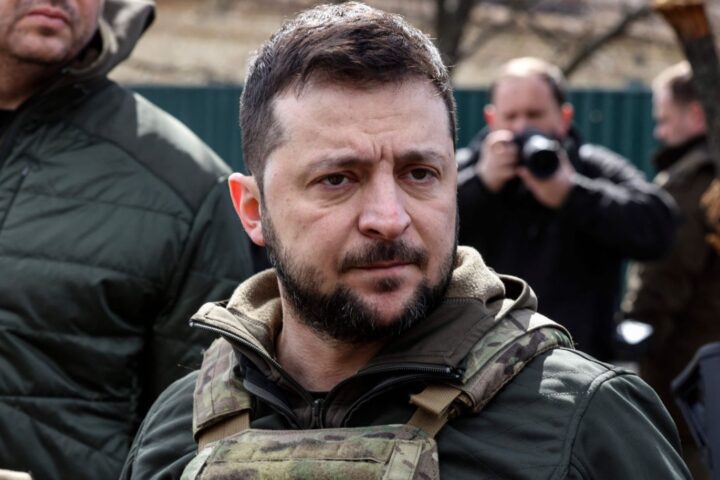The Strategic Significance
In a brazen display of military muscle, Russia has bombarded Kyiv, the capital of Ukraine, with ballistic missiles. Simultaneously, drone strikes and a cyberattack have targeted Ukraine’s vital infrastructure, signifying a significant escalation in the simmering Russo-Ukrainian conflict. This assault is not merely a military manoeuvre; it is a calculated geopolitical gambit by Moscow that could reshape the Eurasian landscape.
Kyiv’s bombardment is a clear message from Russia to the West: Moscow will not back down in its pursuit of dominance in its periphery. The attack is a testament to Russia’s willingness to risk global isolation and economic sanctions to assert its influence over Ukraine, a move that could potentially destabilise the delicate balance of power in Europe.
The Data Behind the Devastation
The numbers paint a grim picture. According to Ukrainian military sources, the missile strikes have caused significant casualties and destruction of public infrastructure. Meanwhile, the cyberattack has crippled key governmental, financial, and communication systems, bringing the country to a virtual standstill.
The attack has also triggered an exodus of residents from Kyiv, leaving the city a ghost town. According to the United Nations Refugee Agency, the ongoing conflict has already displaced over 1.5 million people within Ukraine, with the recent escalation expected to push this figure higher.
Expert Opinions and Implications
Experts are divided on the implications of Russia’s latest move. Some view it as an act of desperation by a country facing an economic downturn and political isolation. Others, however, interpret it as an assertive step towards reclaiming Russia’s ‘near abroad’.
Dr. Irina Kuznetsova, a social sciences lecturer at the University of Birmingham, warns that the escalating conflict could engulf the entire region. “The attack on Kyiv is a dangerous signal that Russia is willing to escalate the crisis to a full-blown war,” she says. “This could destabilise not just Ukraine but the whole Eurasian region.”
Meanwhile, Dr. Sergey Radchenko, a global fellow at the Wilson Center, argues that the attack is a geopolitical manoeuvre by Putin. “By attacking Kyiv, Putin is demonstrating Russia’s military might to the West,” he says. “He is essentially telling the West that Russia will not back down in the face of economic sanctions and political isolation.”
The Global Response
In response to Russia’s actions, the international community has reacted with a mix of dismay and condemnation. Western nations have levied hefty sanctions on Russia and pledges of support to Ukraine have poured in. However, the effectiveness of these measures remains to be seen.
The situation also puts NATO in a quandary. While the alliance has expressed strong support for Ukraine, the prospect of direct military intervention against a nuclear-armed Russia is a gamble few are willing to take. The result is a tense geopolitical stalemate.
The Way Forward
The bombardment of Kyiv marks a dangerous new chapter in the Russo-Ukrainian conflict. As the situation escalates and the global community struggles to respond effectively, the repercussions for Ukraine, Europe, and indeed the world, are uncertain.
However, one thing is clear: Russia’s military aggression in Ukraine is a stark reminder of the enduring power conflicts in geopolitics. How the world navigates this crisis will be a litmus test for international diplomacy in an era marked by deepening global division and escalating tensions.
